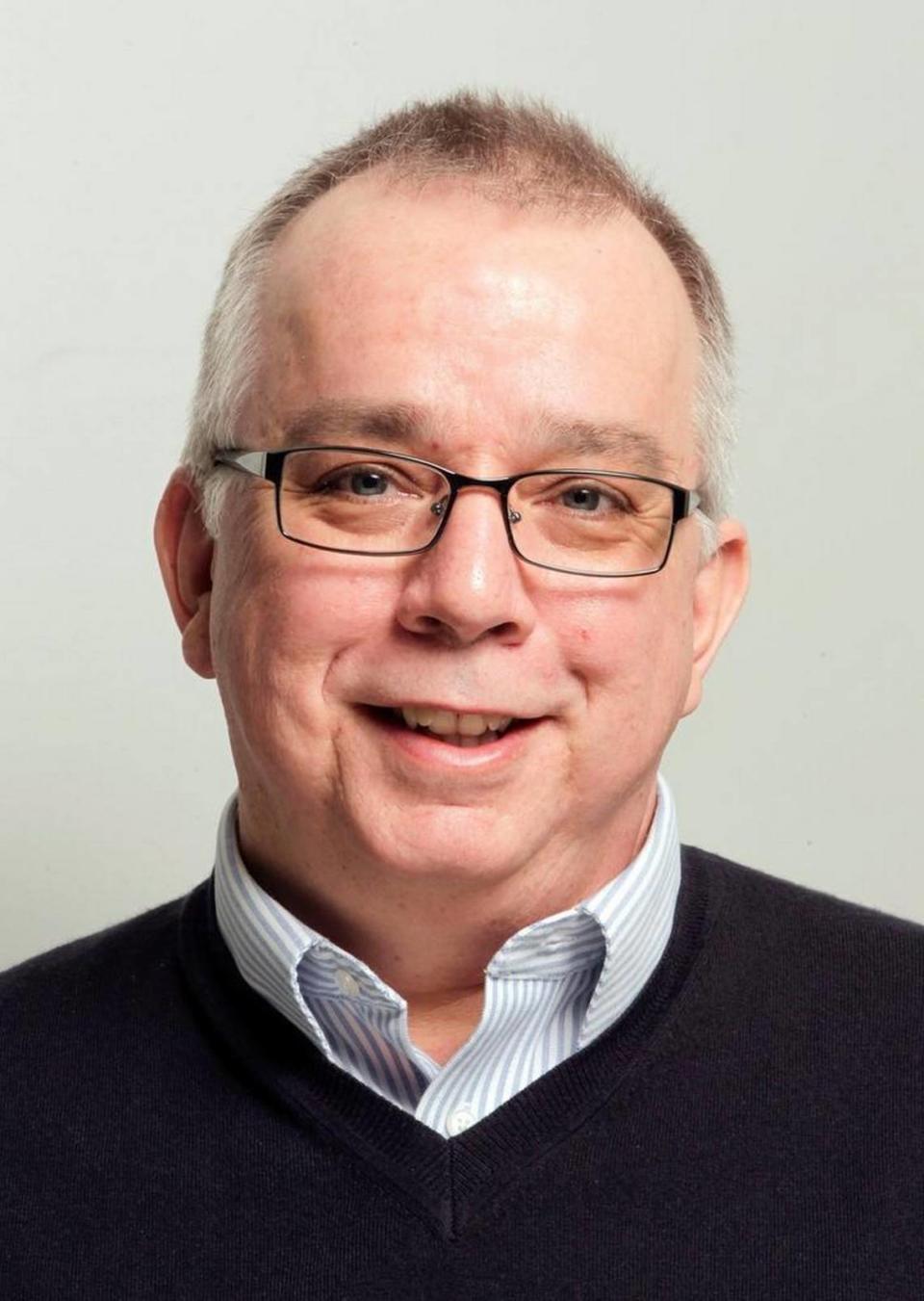It’s not certainty, but it is a gift. What faith is and why it matters.
Since at least the early 1500s, when Martin Luther announced his revolutionary doctrine of “justification by faith alone” (in Latin, “sola fide”), Protestants particularly and countless others generally have been obsessed with the importance of faith in God.
Rightly so. The biblical writer of Hebrews tells us that “without faith it is impossible to please God.” Thus faith is, at the least, a concept worth paying attention to.
In my long dual experiences as a pastor and as a religion columnist encountering questions from readers of all stripes, I’ve observed that often well-meaning, conscientious folks misunderstand what faith in God tends to look like.
I hear from people who want to have faith but think they don’t, although I suspect they actually have more than they realize. I hear from people who think they do have faith, plenty of faith, but it appears to me their faith is unexamined and possibly not as robust as they think. I hear from people who have no faith, don’t want any faith and can’t understand why anybody would want any.
Obviously, it’s not my place to judge what’s in another person’s heart. I’m just saying this is how it looks to me, given my limited knowledge of God, myself and others.
For what it’s worth, here are a few thoughts about faith that may (or may not) help you, if you’re struggling in that arena of your spiritual life:
▪ Faith is not certainty. I saw this quote attributed to Bishop of Edinburgh Richard Holloway: “The opposite of faith is not doubt, it is certainty. Where you have certainty, you don’t need faith.”
That you have doubts—maybe deep, troubling doubts—about God’s existence or the virgin birth or the resurrection of Jesus doesn’t automatically mean you don’t believe. As somebody said, we’re all agnostics to one extent or another.
If you don’t doubt some or all of your religion’s tenets at least part of the time, you may not be thinking about them seriously. To a great extent, they defy common sense.
We all muddle our way through faith. We take two steps forward and then a step or two back. The journey is rarely linear. That’s OK. That’s normal. That’s part of the trip. Some days you have enough faith to move a mountain, and other days your faith couldn’t blow the cap off a pop bottle.
Just take whatever faith you possess today, accept it as it is (or isn’t) and keep going.
▪ Faith is a gift. I love this quote from St. Paul: “For by grace you have been saved through faith; and this is not of yourselves, it is the gift of God.”
Nobody can conjure up faith from a void. That’s why it’s useless—not to mention mean and counterproductive—to condemn people for not believing. People can’t simply will themselves into believing something they just don’t believe.
To an extent, you possess faith or you don’t, and in St. Paul’s economy if you do that’s because God gave it to you. It’s no credit to you. God enables people to believe at his appointed time, and then, paradoxically, rewards them for having the faith he gave them.
▪ Faith is a choice. That’s another paradox: while faith is a gift, it’s also a decision. We each encounter numerous crossroads where we can decide to take the path of belief or the path of unbelief.
Part of our job is to look straight into void, the questions, the seeming nothingness and decide that, while we’re fully aware of all that, we’ll proceed as would someone who believed. We act as a person of faith would even when we don’t feel it.
What we find is that as we repeatedly exercise our tiny mustard seed of faith, it grows.
▪ Faith leads to works. Faith isn’t an armchair sport. To the extent we claim to have faith, we’re called to put it into action. Faith changes our behavior. We join together with a congregation of like-minded believers. We feed the hungry. We visit the sick. We attempt to pray. We do the things faithful people are called to do.
A friend put it like this: what you do is what you believe, no matter what you say.
▪ Faith doesn’t insulate us from problems. I’ve heard people claim that if you have enough faith you can employ it like a supernatural force field. The vicissitudes of life will bounce right off it. Your health won’t fail. You’ll have plenty of money. Your kids won’t turn squirrelly. You’ll always be happy and well-adjusted.
Balderdash. No one gets through this life unscathed. If you stay here long enough, you will encounter tribulations. Faith is not a magic amulet.
▪ Faith gives us hope in the midst of our problems. One of faith’s great benefits is that it gives us comfort in times of trouble. It helps us remember we’re not alone—we’re never alone, even when the world is collapsing around us.
Paul Prather is pastor of Bethesda Church near Mount Sterling. You can email him at pratpd@yahoo.com.

 Yahoo Finance
Yahoo Finance 

